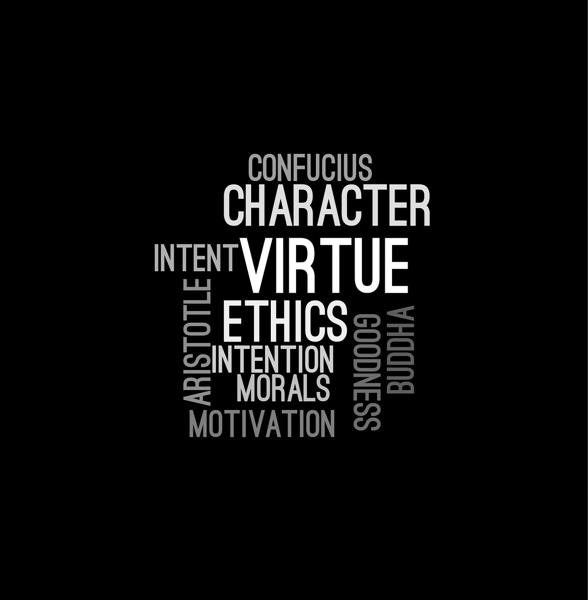A bit of ethical background
As a physician, I try as best I can to follow the four pillars of American medical ethics.
- Autonomy – to allow the patient to make decisions
- Beneficence – to do good
- Non-Maleficence – to do no harm
- Justice – to be fair and equitable
With those principles in mind, let’s consider that catchy rallying cry, “My body, my choice.”
Let’s begin with its literal meaning. I can freely choose what I ingest and what my body is exposed to. Certainly, that fits along the lines of autonomy, and in the context of the person making the statement, it is a good choice. Logically, if it is a good choice, it can do no harm, at least to the speaker. But you can see a problem arising because of that modifier, no harm to the speaker. In health, some of our actions impact others in beneficial and harmful ways. This problem, let us call it our choice’s impact on others, becomes more entangled in that fourth pillar, justice – is my choice fair and equitable to myself and others.
I am left to conclude “My body, my choice,” meets the ethical need for autonomy and beneficence, but my choice’s impact may stray into non-maleficence and injustice – and that is why context matters. I do not want to be drawn into a discussion of reproductive rights, where that phrase first appeared. It is too white-hot for the Internet and, to my mind, is best discussed in a more private space. Digging a bit deeper, the context for “My body, my choice” seems to me to be about individual and collective responsibilities in the coarsest of terms.
What about obesity? Does “My body, my choice” apply? Many argue that it is not a choice but a confluence of genetic, environmental factors, and lifestyle choices – where lifestyle has little sway. So perhaps obesity is a strawman argument, but say there is an individual that chooses to be obese, they are comfortable in their skin. Given our ethical pillars that can be acceptable, there is autonomy in the choice; they feel good about themselves and believe they are not harming themselves. Again, there may be an ethical dilemma. We know that it is “communicable” despite not being an infectious disease. Obese individuals tend to cluster, the eating habits of the parent can be communicated to the child. Is that a harm? Obese individuals tend to have additional health burdens, and the cost of that care is shared by society through insurance premiums and taxes. Is it ethical when your choice imposes costs upon others?
We can apply the same analysis to vaccination – we will leave the mRNA vaccines to the side. Polio and measles vaccines clearly provide a significant good, with little harm. Our loss of autonomy in making that decision is balanced upon their being highly contagious diseases, and therefore, because vaccination imports protective of many others, it is just. So, our further nuance could be that the number of others impacted, a measure of the effect, matter when balancing the ethical principles. A greater good may overpower a slight degree of harm or loss of autonomy.
Ethical dilemmas are rooted in the conflict between those four principles. In some situations, at least for me, “My body, my choice” makes a great deal of sense, especially when choosing my diet and how I do or do not exercise. In other situations, the calculus is far different, and I willingly surrender my autonomy and accept a slight possibility of harm to myself.
The problem with “my body, my choice” is that it is a phrase without substantive meaning. It collapses a more complex ethical discussion into a phrase – a slogan. And slogans come with significant emotional baggage. That is why many of us respond differently when we hear the phrase from a woman speaking about reproductive rights, an individual who decides to smoke, or an individual that chooses not to vaccinate. Slogans are stereotypes, and while they may be suitable for likes, retweets, and the attention economy of ads, they have little if any role in our national discussion.




